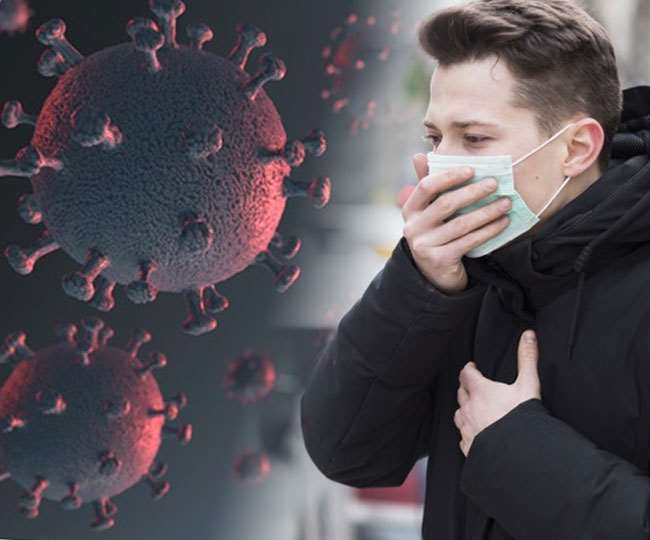
The body’s circulatory system plays an essential role in cancer treatment but also bears the brunt of the battle. Each of the components of this system is vital in protecting the body from ailments and infections. However, various cancer treatment methods like chemotherapy and radiotherapy adversely affect these components and lower body immunity considerably.
The Heart
The heart is core to the circulatory system, working hard to pump blood to the entire body. Certain types of cancer treatment like radiotherapy on the chest area and chemotherapy make the heart weaker and unable to function properly. Some effects of treating cancer on the heart include the thickening of the heart’s walls, heart failure and coronary heart disease. To keep heart problems at bay as you carry on with treatment, ensure your doctor monitors your heart before & after treatment.
Red Blood Cells
Red blood cells contain haemoglobin, which takes oxygen to various body tissues and organs. Cancer treatment damages red blood cells alongside cancer cells. Fewer red blood cells result in feelings of lethargy and light-headedness as less oxygen is availed to the body. Additionally, it may lead to anaemia’s development and add to the struggle of dealing with cancer.
White Blood Cells
There are various types or white blood cells, all essential to the immune system. Neutrophils and lymphocytes ward off infection, but their ability to protect the body against pathogens is hampered by chemotherapy. Modern cancer treatment methods, like gcmaf depend on a stable count of white blood cells to work effectively. This type of treatment focuses on the body’s natural response to fight cancer cells.
Platelets
Cancer treatment also leads to a reduction in the number of platelets in your system. Platelets arrest bleeding by facilitating bloo-clotting, Cancer patients are in a constant threat of bruising and bleeding. For instance, genital tract cancers and colon cancer are marked by bleeding, which is potentially fatal in the absence of platelets. As a result, platelet substitution is essential in such cases to reduce the risk of excessive bleeding.
Lymph Nodes
Lymph nodes are essential to the body’s immune system as they contain numerous lymphocytes, which fight infection. Some cancers like Hodgkin Lymphoma affect the lymph nodes, making it necessary to remove them. This is done in various ways, including chemotherapy, stem cell transplants and surgically. Unfortunately, the removal of lymph nodes increases the risk of infections as the white blood cells that fight disease decline in number.
Bone Marrow
Various blood cells are manufactured in the bone marrow, a soft tissue located inside the body’s large bones. Several types of cancer affect the bone, including lymphoma and multiple myeloma. With your bones affected, the bone marrow’s function is greatly hindered, leading to more infections and problems like anaemia due to shortage of red blood cells and clotting problems due to a decline in the number of platelets.
Technological advancements have made the treatment of cancer easier and more effective. Knowing what to expect during and after cancer treatment will make it easier to understand the process and prepare for recovery. While the effects of cancer on your circulatory system seem scary, they are short-lived and your body’s natural function is restored after some period.




